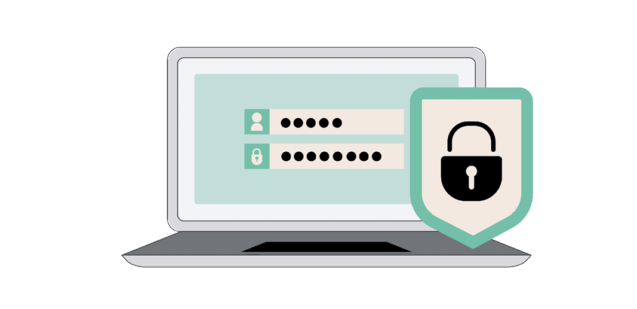Categories


While it’s easy to spend or overindulge once in a while, at least those small habits do bring some value. Usually, wasting money includes things like subscriptions you don’t use (or forget you even have), unnecessary late fees, and other expenditures that bring absolutely no value.
Can you account for every dollar you spend in a week or a month? Most of us can’t. But that keeps us from being confident and comfortable that our hard-earned dollars are providing the most value. It is easy to leak money without realizing it! For example, small purchases that don’t seem worth accounting for (“the venti is only a dollar more …”) cause us to perpetually buy things that we don’t really want, need, or use.
Here are some simple ways you can stop wasting money and start saving. Before you know it, you’ll notice the results and that can mean feelings of security that money can’t buy.
1. Gym memberships are rarely a good investment.
We aren’t down on exercise, but 67% of people who have gym memberships rarely or never go. There are almost certainly places in your community, or even your own house, where you can exercise just as well without paying for a membership to a gym. You can get a lot of great home equipment for less than a year of gym membership dues. There are likely parks, community centers, and churches close by that offer free or very low-cost opportunities for exercise and recreation.
2. Take a chance on yourself.
The economic difference between buying a lottery ticket, and setting your money on fire is embarrassingly negligible. “Get rich slow” does not sound as exciting, but the odds are much greater. So rather than frittering money on lottery tickets or gambling sites, sock it away in a savings account or a higher-return investment such as a mutual fund, or your retirement account. The accompanying feeling of accomplishment is a surefire bet.
3. Cancel subscriptions. And cable.
How many times has your 30 day “free” subscription turned into a financial drain on you for months or even years? In 2018, there isn’t much in the way of news, reviews, recipes, or commentary that you can’t find online without paying more than you already are for your wireless service. The added bonus here is that you’ll also reduce clutter. If you have accumulated newspaper, magazine, or other subscriptions, make sure you have an overriding reason to keep paying for them. Similarly, check how often you watch cable programming. It may be better to choose one or two streaming services that you’ll really watch and cut the cord on the rest.
If this is a bad tip and you find yourself truly missing those glossy pages or your cable news shows, you can always re-subscribe. They’ll gladly take you back. For now, look over your next few bank statements closely to find any automatic payments you are making for products or services you will be fine without. Or try a service like Trim, which automatically finds and cancels your subscriptions with a simple text.
4. Time to end late fees.
Many bills such as utilities, insurance, and internet service can now be paid automatically. With a few clicks you can set yourself up to pay most of the bills you need to pay anyway, but on a schedule that fits with when you get paid and assures you won’t get dinged for late charges. (You’ll also save a little on postage.) For those bills that cannot be paid automatically, set yourself a calendar reminder with a little built in buffer, and try to pay them at the same time every month.
5. Get over the overages.
Similarly, it is easy to slide past your data limit and get walloped with extra fees. In addition to using WiFi where and when you can, we recommend you check out an app like My Data Manager or DataMan. These apps work like the gas gauge in your car. They let you know when you are getting close to your monthly limit. If this is a consistent issue for you, check the settings on your smartphone to see which other apps are eating up your data. You might be surprised and you can easily adjust the settings to avoid the problem.
6. Are you renting things you should buy instead?
The average cable TV watcher pays about $250 a year for the privilege of renting a cable box, and another $10 a month for a cable modem. You can buy both of these items and they will more than pay for themselves in less than a year. Or, skip the cable altogether and switch to streaming. Most streaming services now have premium channel upgrades that you can get for just a month or two when you’re binging the latest must-watch show.
7. Skip the shipping.
Most online merchants offer free or reduced shipping with a minimum order, or with standard shipping times. So, a little planning ahead can ensure you are ordering enough and still getting it when you need it. Of course, retailers are hoping you’ll throw in an impulse item or two to hit that minimum purchase amount, so be careful of that trap. If you wouldn’t buy it otherwise, how much are you really saving?
Maybe no single item on this list, or no single habit change will really make or break your budget — but that doesn’t mean they aren’t important to attend to. The cumulative effect can be quite significant. At Spero, your financial well-being is our business. We want to help you achieve your financial goals. Paying attention to the little ways you are losing out will add up to big savings and help you focus your finances on what matters most to you.
This material is for educational purposes only and is not intended to provide specific advice or recommendations for any individual.



